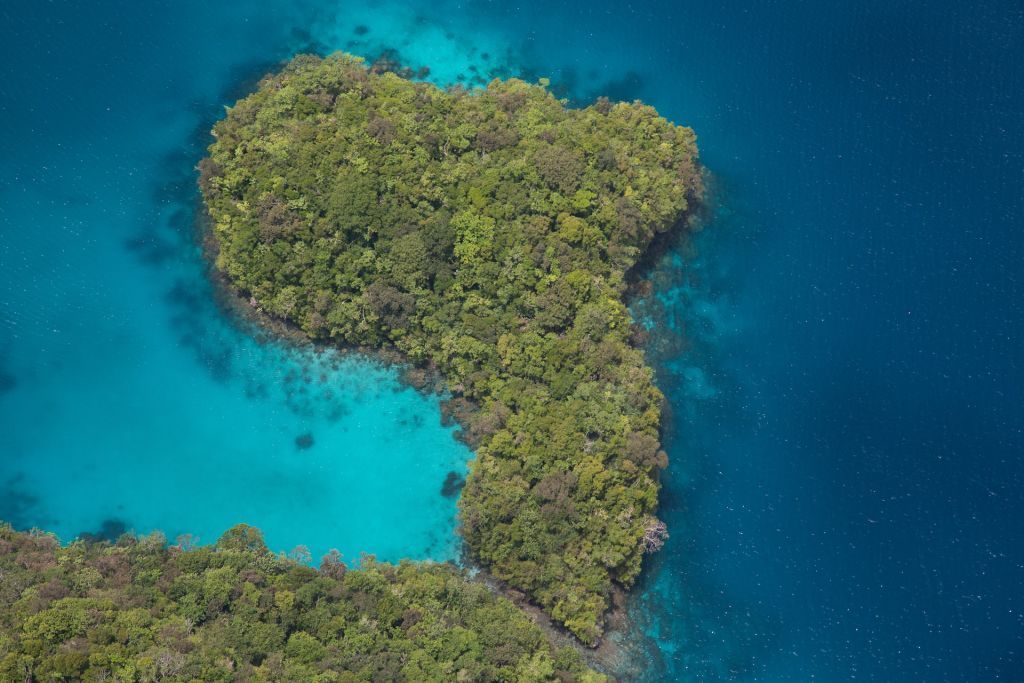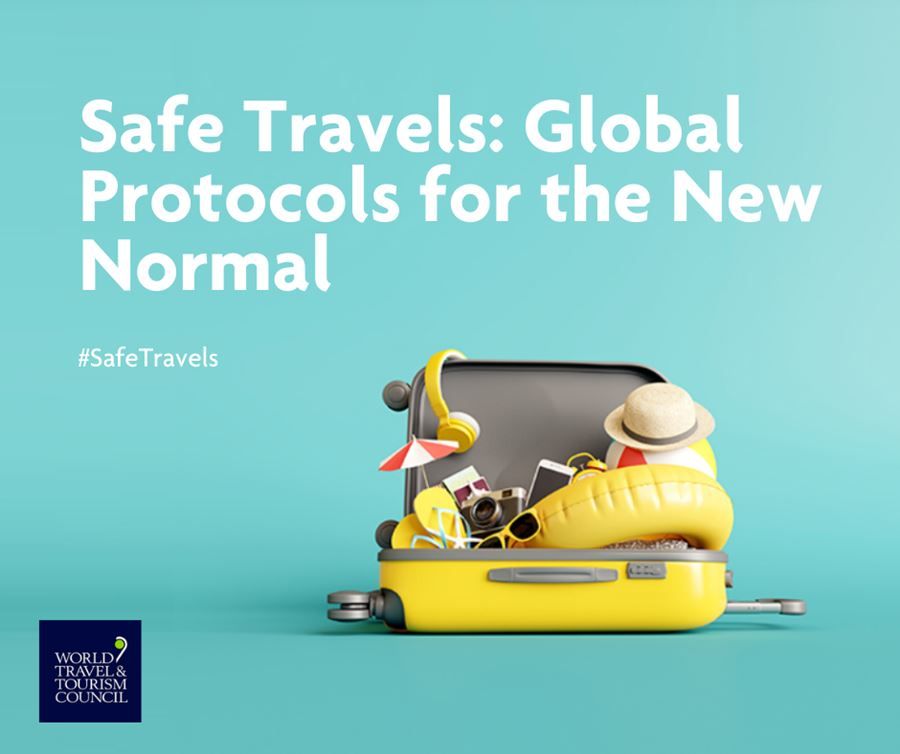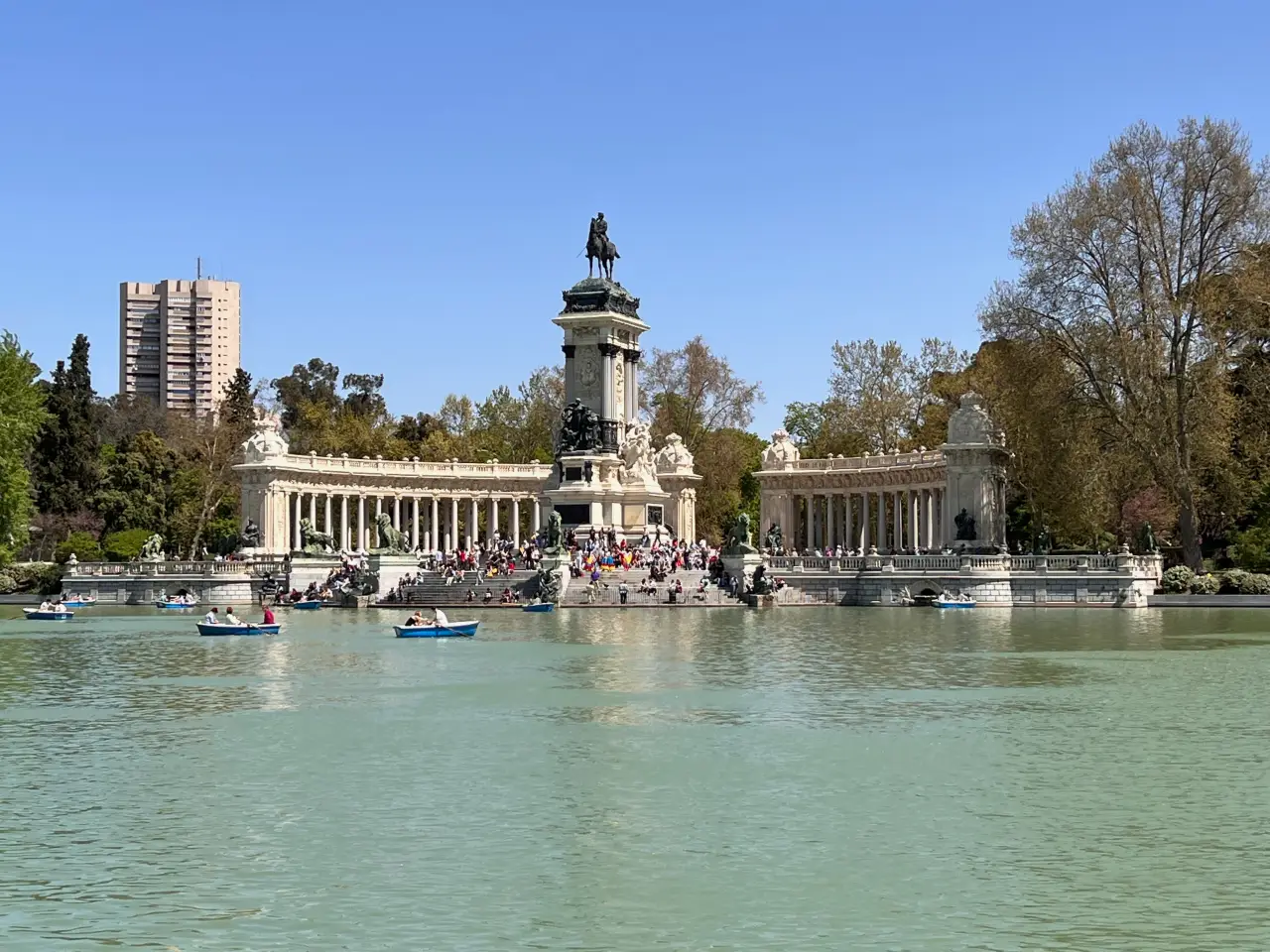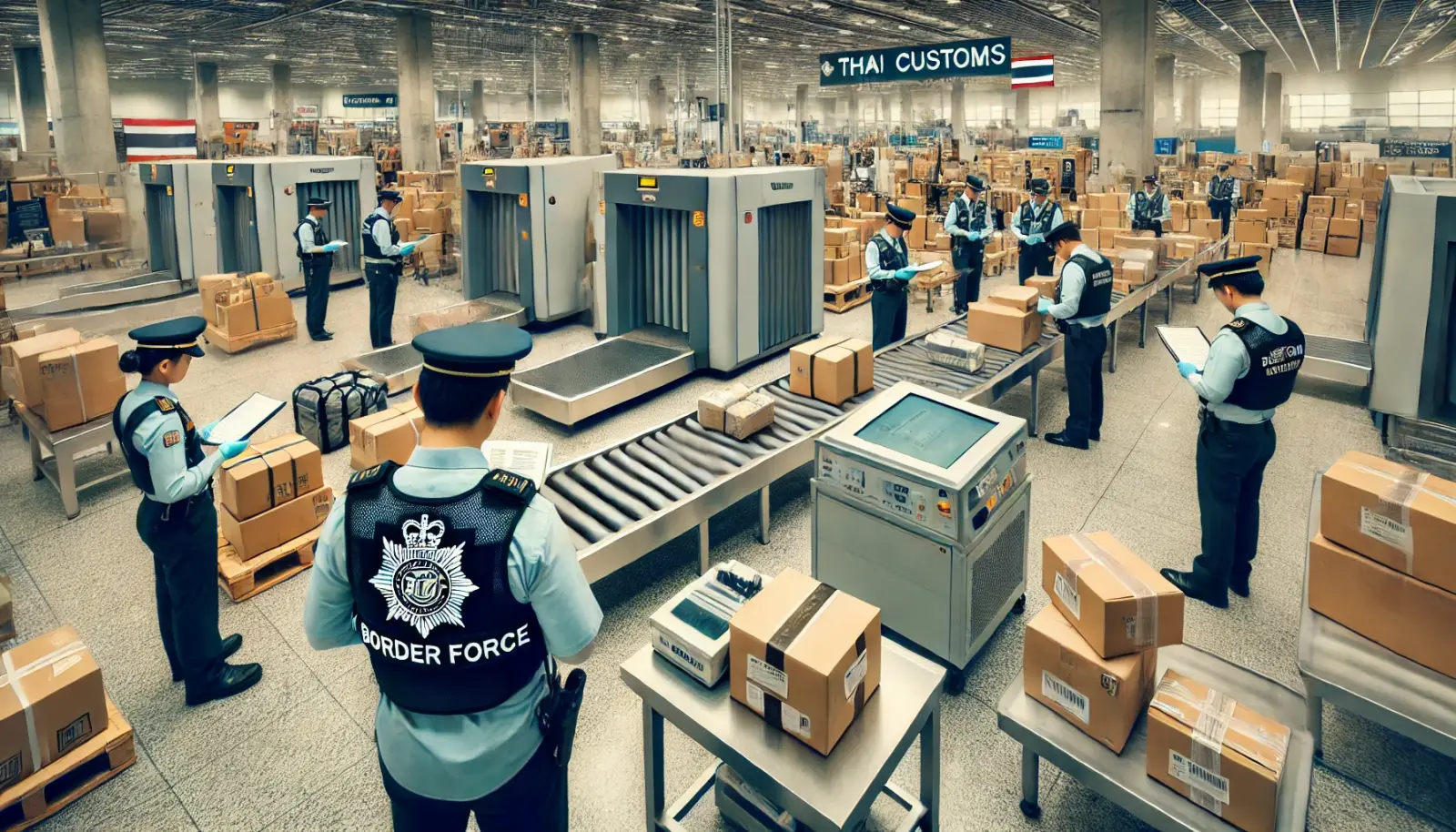At the 27th United Nations Climate Change conference, in Sharm El Sheikh, Egypt, NOAH ReGen announced that, together with their strategic technology partner Crystalchain, are building a first-of-its-kind platform leveraging blockchain to evaluate, track and measure the impact of investing in regenerative blue economy projects.
The ocean is the world’s largest climate mitigator, absorbing up to 50% of all fossil fuel-related carbon dioxide emissions. In fact, “blue carbon” ecosystems such as mangroves, seagrass beds, and tidal marshes are among the most intense carbon sinks on the planet.
Yet humans are decimating this precious resource at a time when we need it most. Pollution, greenhouse gas emissions, and over-fishing are already costing the ocean dearly. And coastal degradation is only likely to worsen given the rising global population, 40 percent of which lives within 100km of the sea.
To help reverse this trend, it is crucial to help ocean nations find a financially sustainable way to invest in environmental protection. Monetizing blue carbon credits from public and private carbon sequestration projects is a vital step for this. And this is what NOAH ReGen is developing, with the technical expertise of blockchain traceability leader Crystalchain.
Sylvain Cariou, CEO of Crystalchain said, “Crystalchain’s team is honored to have been chosen by Noah ReGen for this project. Our ambition is to continue growing our decarbonation project portfolio to provide greater reliability to companies who wish to ensure their CSR efforts are effective and trustworthy.”
NOAH ReGen is an international consortium dedicated to unlocking financial solutions for ocean conservation, at scale. Its multidisciplinary team combines finance, tech, and sustainability experts who have developed the long-term relations with high-level stakeholders and ocean nations needed to make this holistic vision a reality.
Their chosen partner, Crystalchain, has the technological and strategic expertise required to offer traceability information on the life cycle of clean projects for all stakeholders involved – including policymakers, investment funds and companies – with the use of custom-made dashboards. It even allows the sale of sovereign carbon credits to be traced, to ensure that profits are reinvested in local impact-driven projects.
Julie WILD, COO Noah ReGen, France said, “This disruptive project allows countries and companies to easily prove the quality of their carbon credits, offering a clear and provable vision not just on carbon impact but on all the co-benefits such as biodiversity.”
The project goes beyond carbon credits. Besides tracing sequestration, the platform includes all key ESG components of a project, such as biodiversity, as well as human and financial impact scores.
After months of R&D, the project is now in phase one, and NOAH ReGen is now welcoming a wide variety of stakeholders – from auditors and corporate buyers to coastal citizens and researchers – to join working groups designed to guide the next iterations of the platform.













